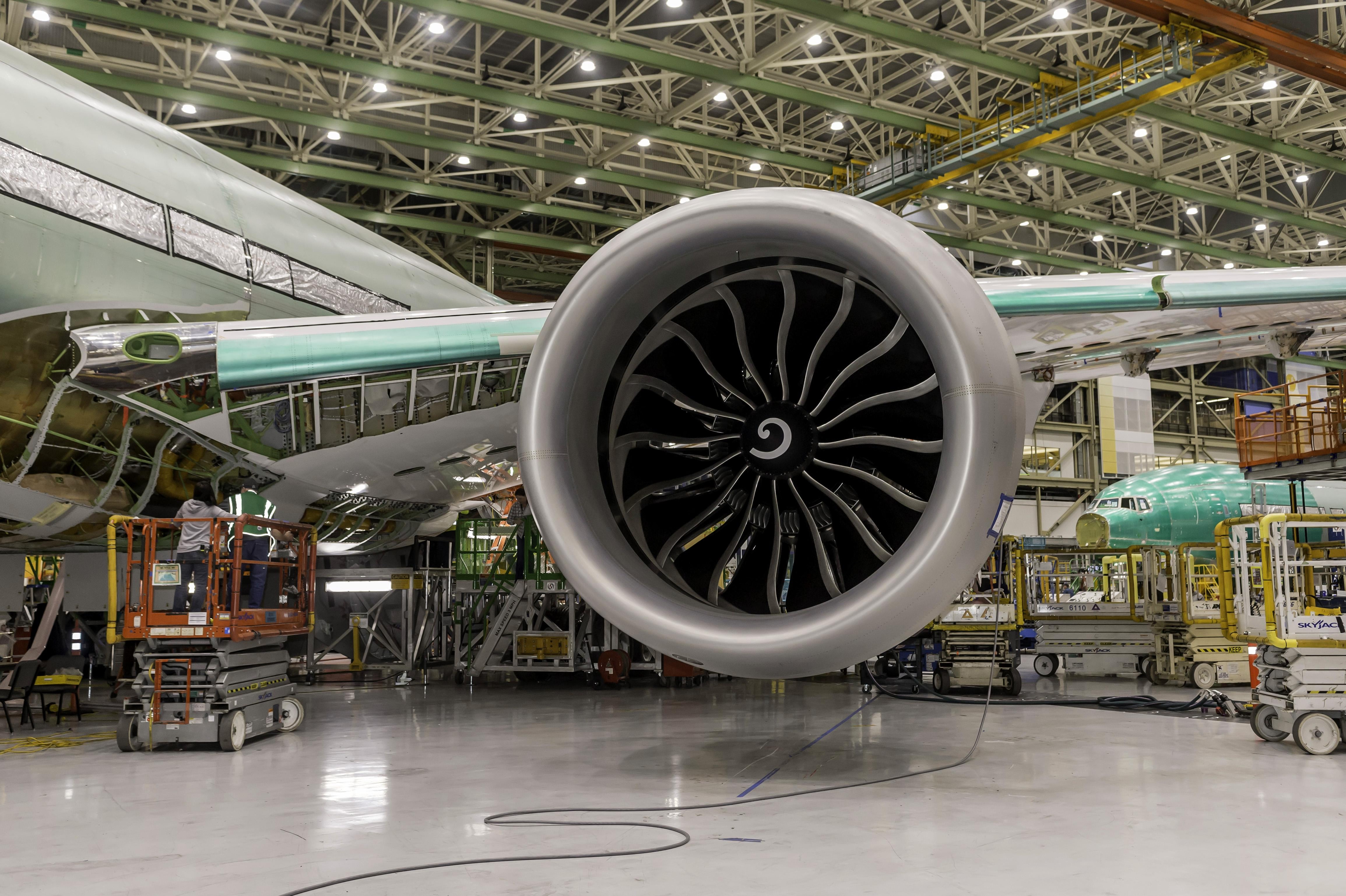
Smarter email, faster business.
Trending
Korean Air Orders GE9X and GEnx Engines for New Aircraft

Korean Air Confirms Major Engine Orders Amid Broader Technology Sector Challenges
Global Technology Outage Highlights Systemic Vulnerabilities
A widespread technology outage on Friday disrupted operations across multiple sectors, including airports, Social Security offices, and correctional facilities, exposing critical weaknesses in the global digital infrastructure. The disruption was traced to a flawed software update issued by CrowdStrike, a prominent US-based cybersecurity firm. The faulty code caused extensive crashes on computers running Microsoft Windows, illustrating the fragility inherent in the global economy’s dependence on a limited number of key technology providers.
Cybersecurity experts emphasize that while catastrophic failures are often imagined as dramatic events—such as artificial intelligence taking control of nuclear facilities—the reality is more likely to stem from seemingly minor errors in software updates. Costin Raiu, a cybersecurity researcher, noted that such small glitches can trigger cascading failures across interconnected cloud systems, underscoring the complexity and interdependence of modern digital networks.
The incident has drawn attention to the risks posed by concentrated reliance on a few dominant cybersecurity companies. CrowdStrike, which serves numerous Fortune 500 firms and government agencies, has expanded its influence significantly over the past decade. While this consolidation has enhanced cyber defenses for many organizations, it also introduces systemic risks. Munish Walther-Puri, former director of cyber risk for New York City, warned that the lack of diversity among cybersecurity providers creates fragility within the technology ecosystem, with the potential for widespread consequences when failures occur.
In response to the outage, US officials and industry leaders have renewed calls for greater digital resilience. Anne Neuberger, a senior White House cybersecurity official, highlighted the dangers of supply chain consolidation and stressed the importance of developing robust recovery capabilities to mitigate the impact of future incidents.
Korean Air’s Engine Orders Reinforce Market Dynamics Amid Industry Consolidation
Against this backdrop of technological fragility, Korean Air announced substantial orders for GE Aerospace’s GE9X and GEnx engines to equip its forthcoming aircraft models. This agreement solidifies GE Aerospace’s dominant position in the aviation engine market and is expected to yield positive financial outcomes for the company. However, the deal is also likely to intensify competition, as rival manufacturer CFM International may respond by promoting alternative engine options or enhancing its product offerings.
Industry analysts observe that such high-profile contracts not only influence competitive dynamics but also reflect broader concerns about overreliance on a limited number of suppliers. This parallel between the aviation and cybersecurity sectors highlights the systemic risks associated with market concentration, reinforcing the need for diversification and resilience in critical supply chains.
As both industries confront the challenges posed by consolidation and technological dependence, the recent outage serves as a potent reminder of the vulnerabilities embedded within interconnected systems. The event has catalyzed discussions on the necessity for new policy frameworks and industry practices aimed at preventing similar disruptions, thereby safeguarding the stability and continuity of the global economy.